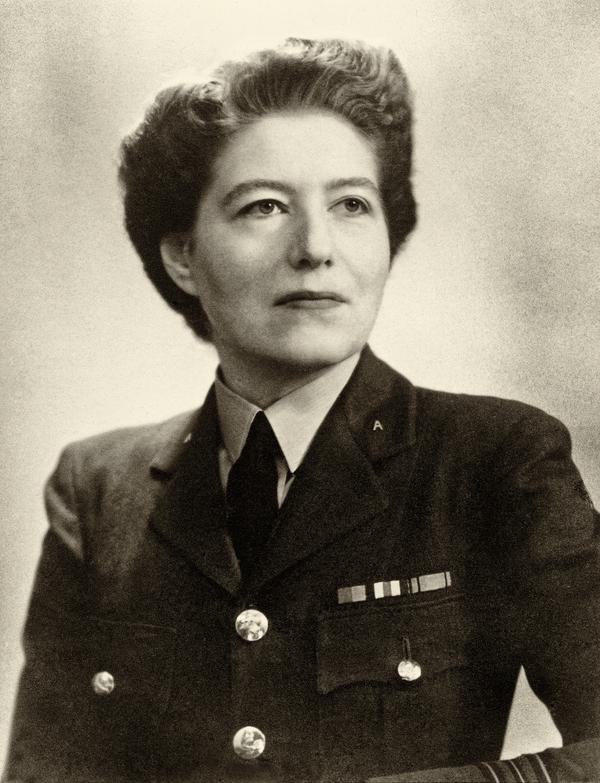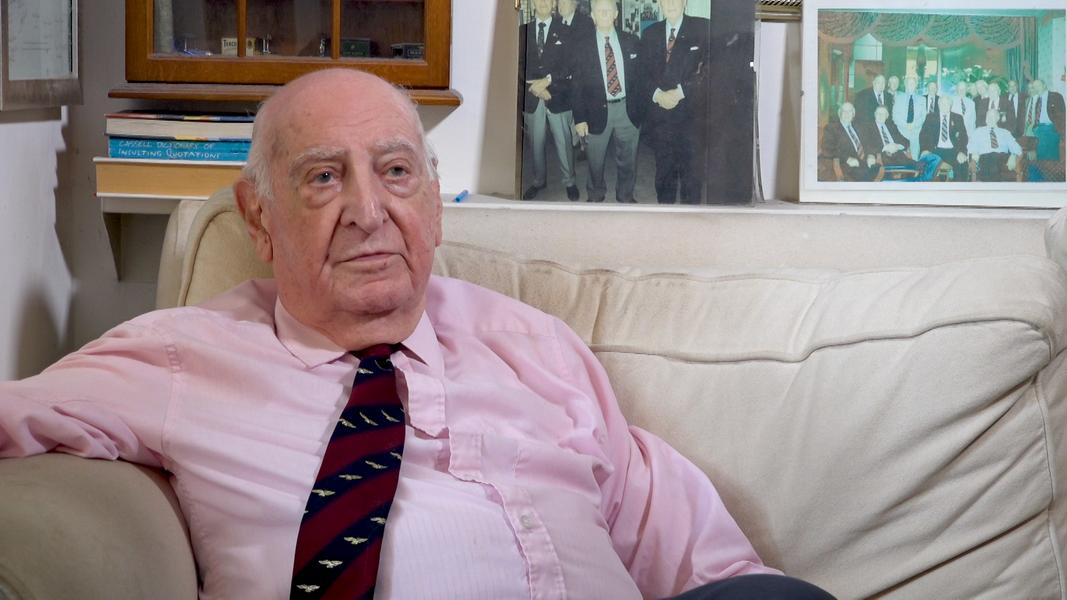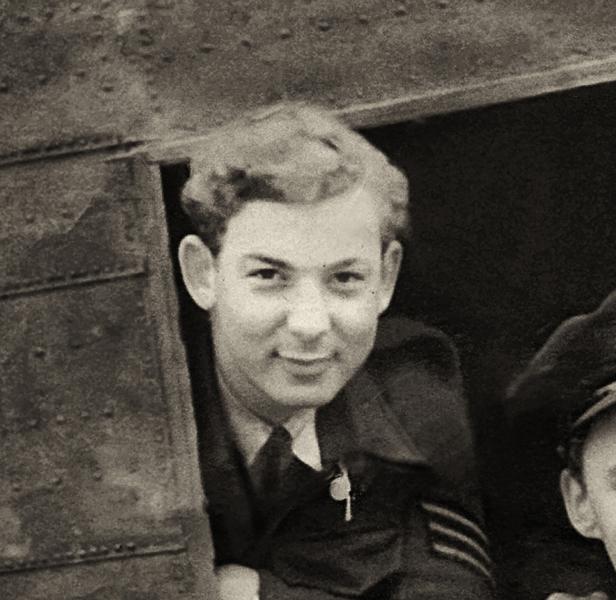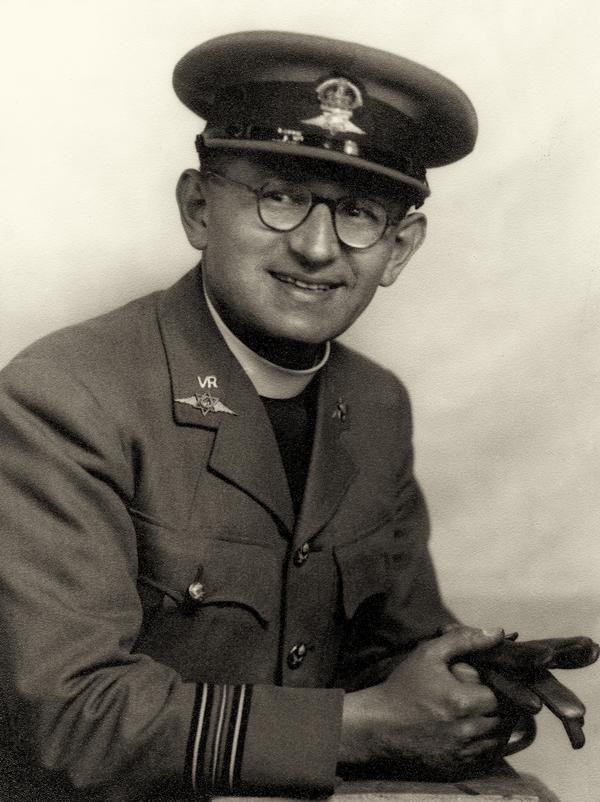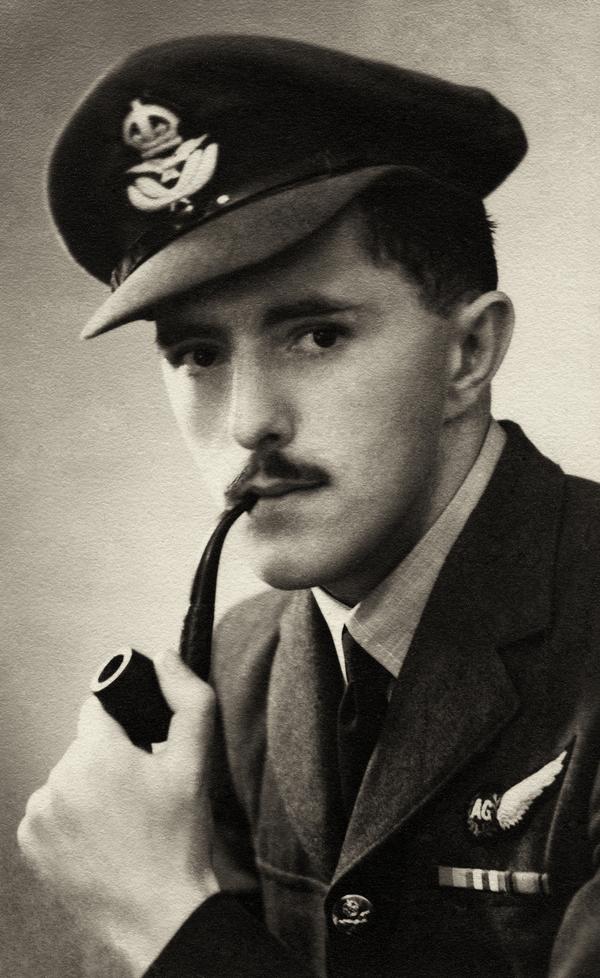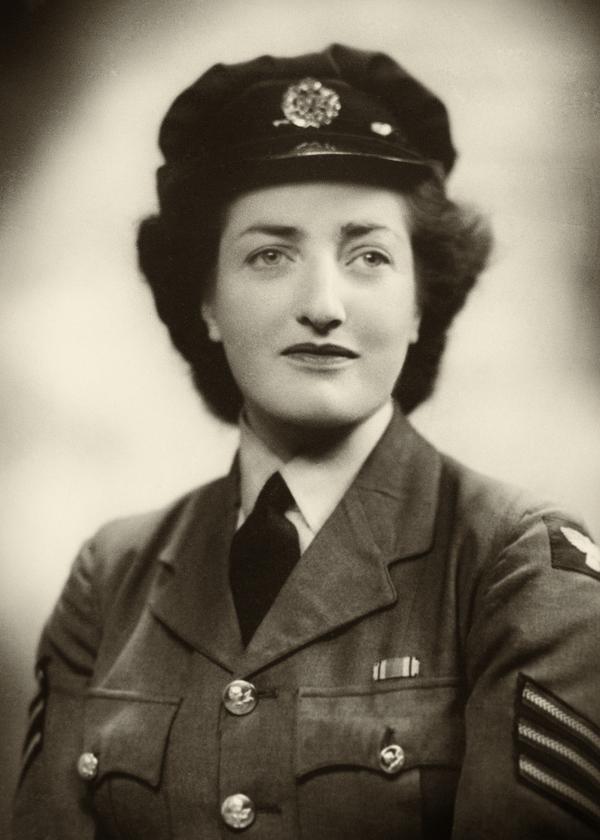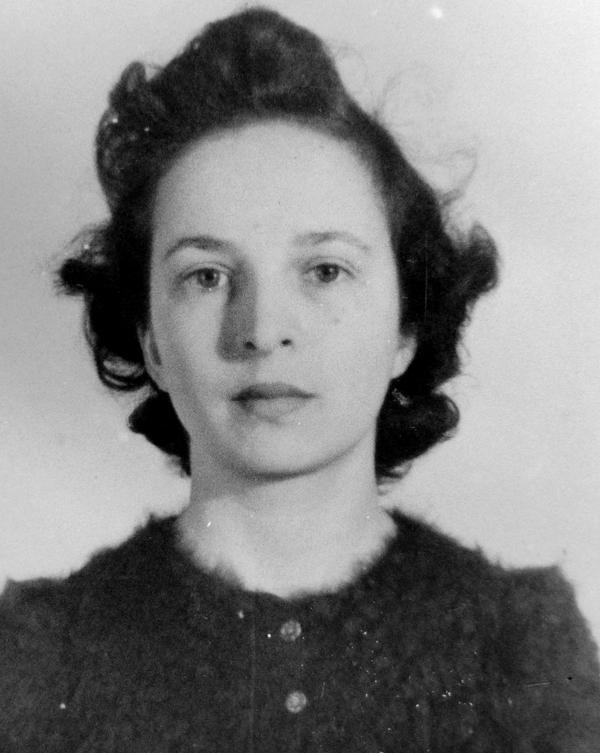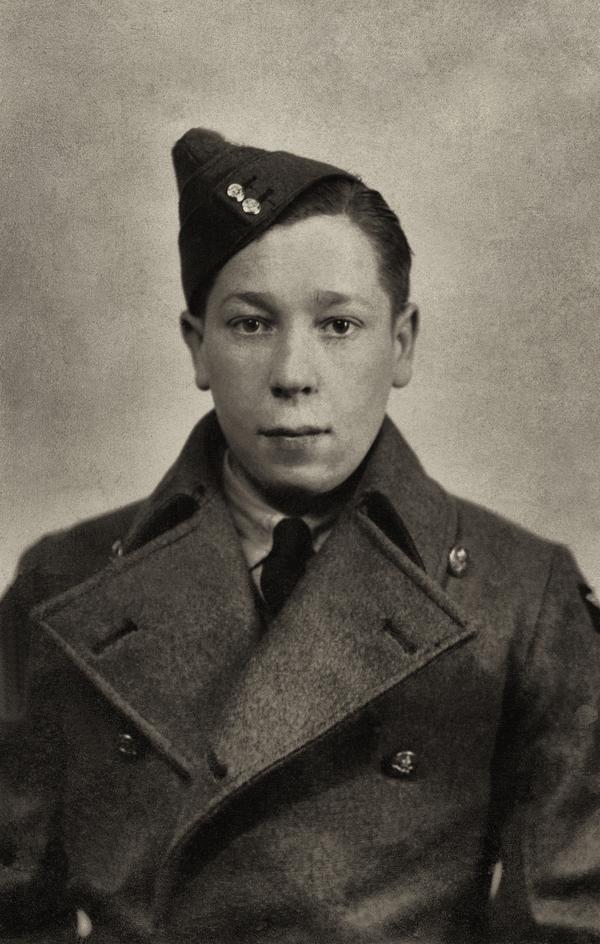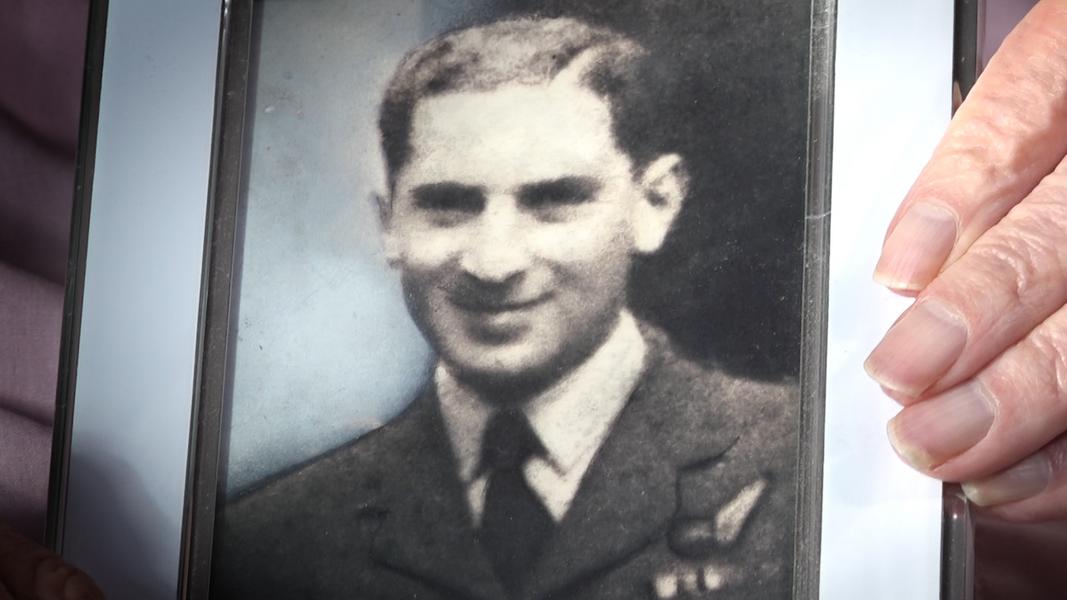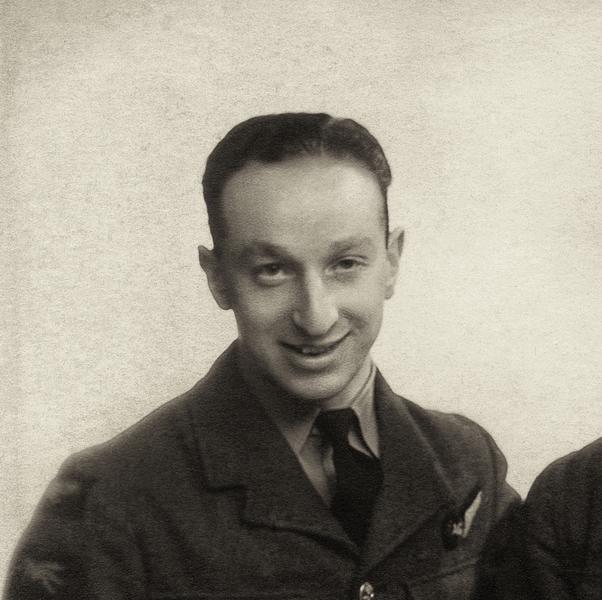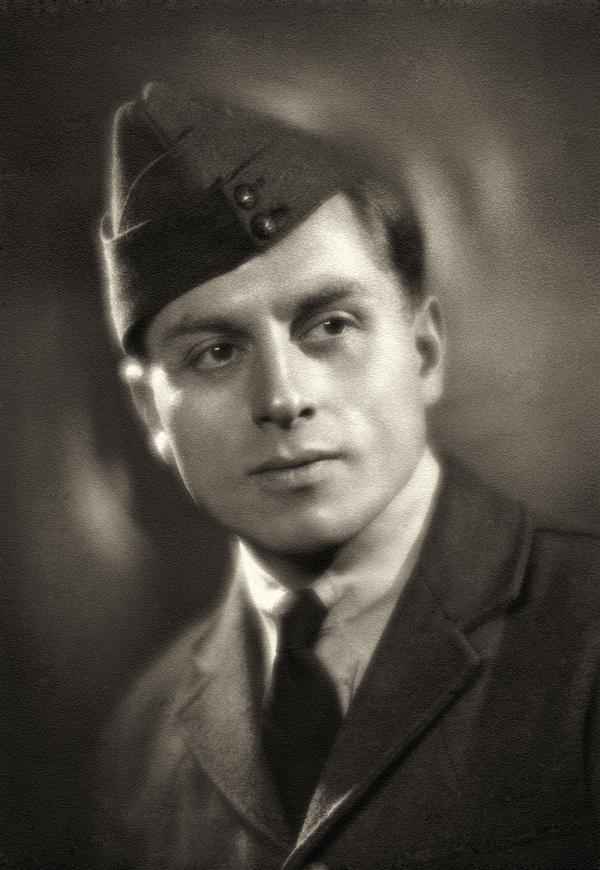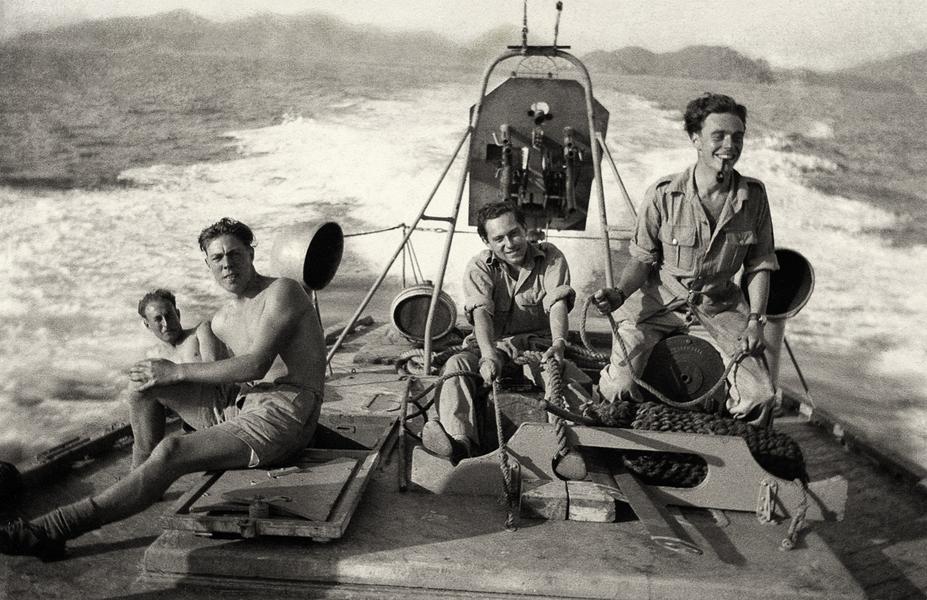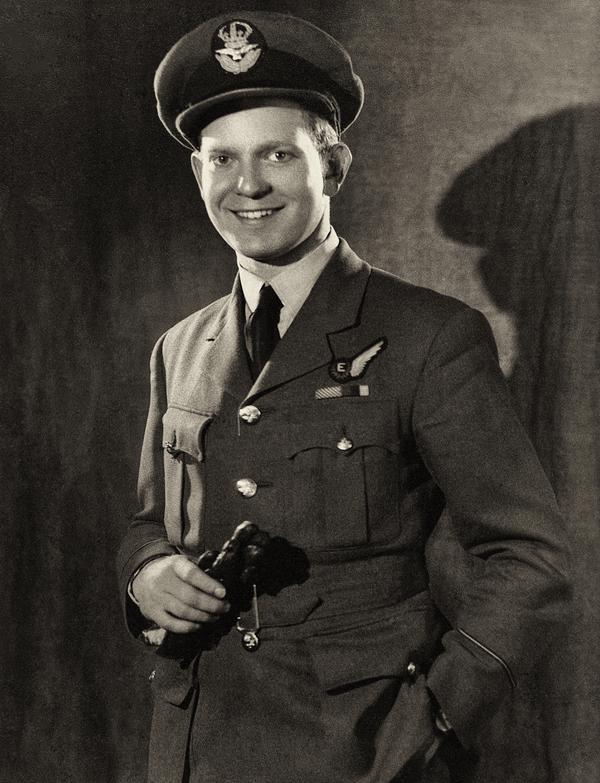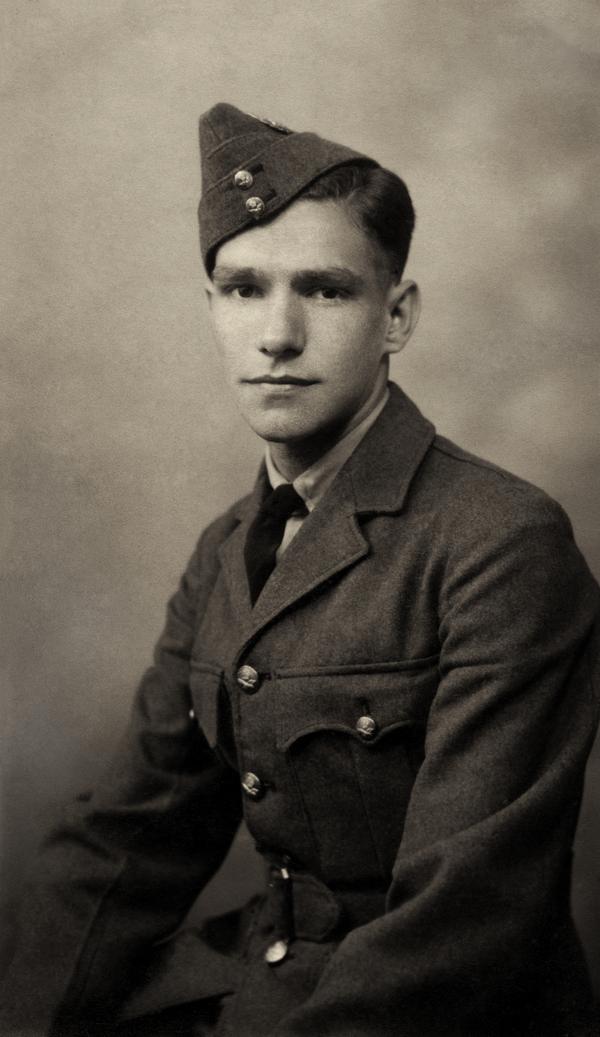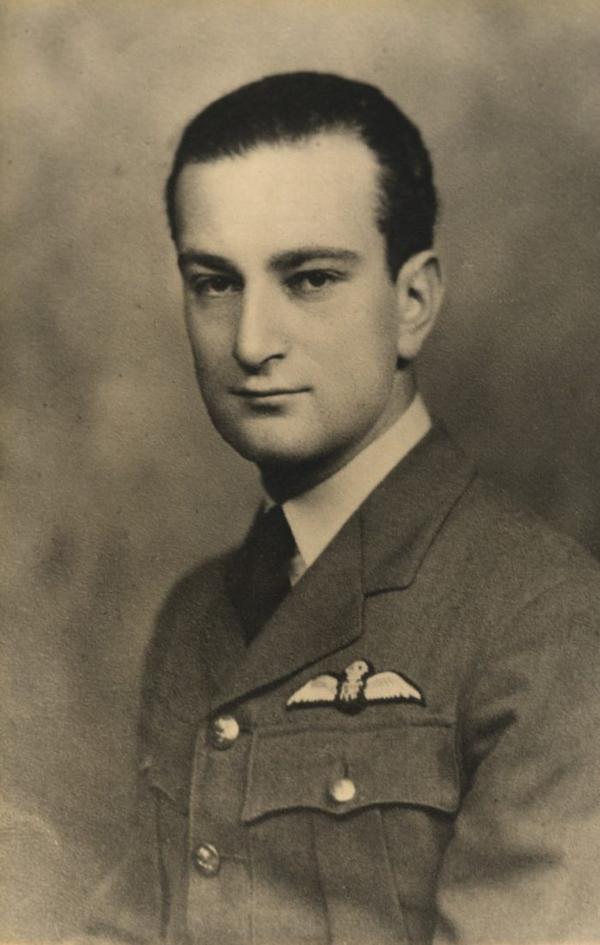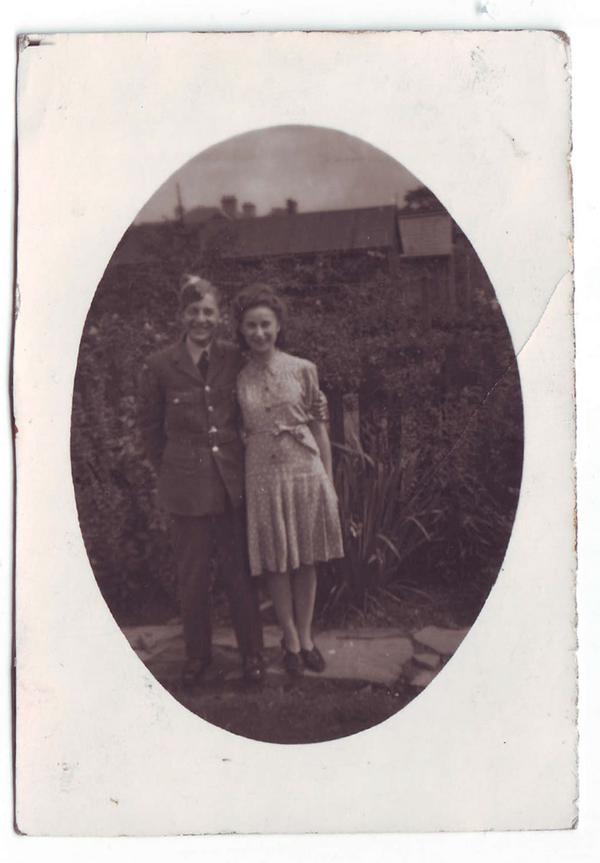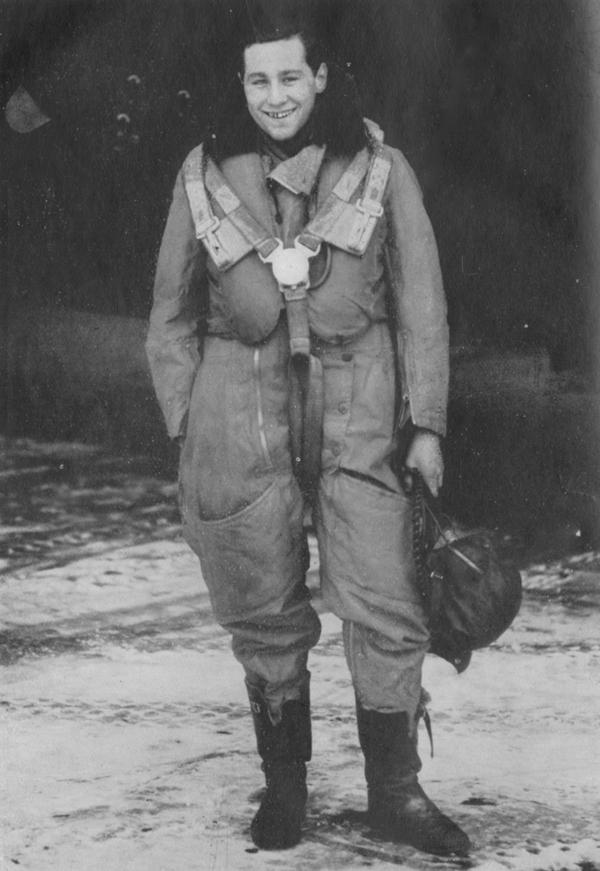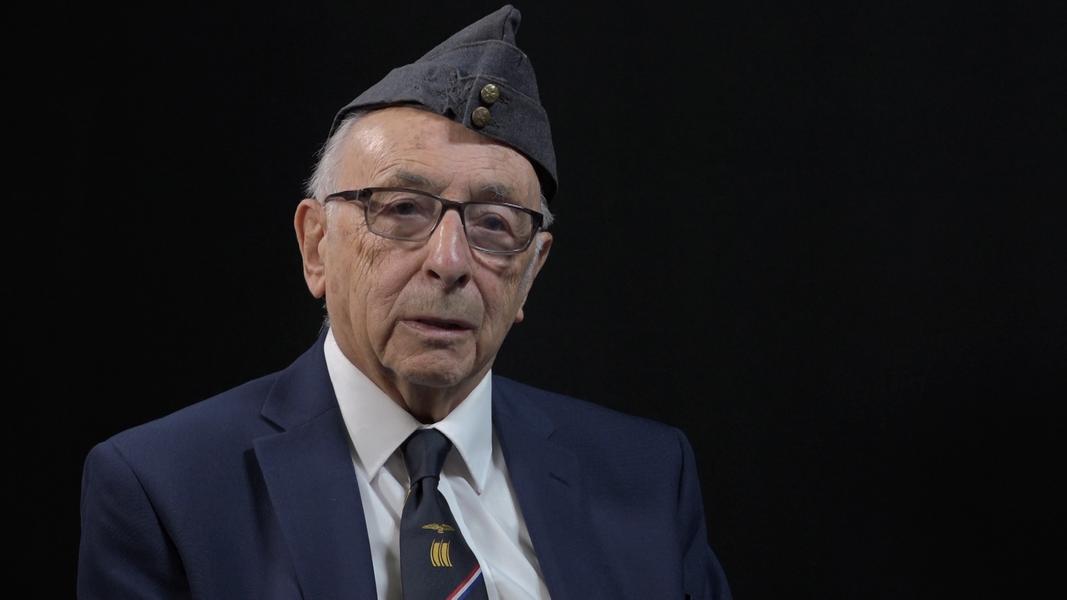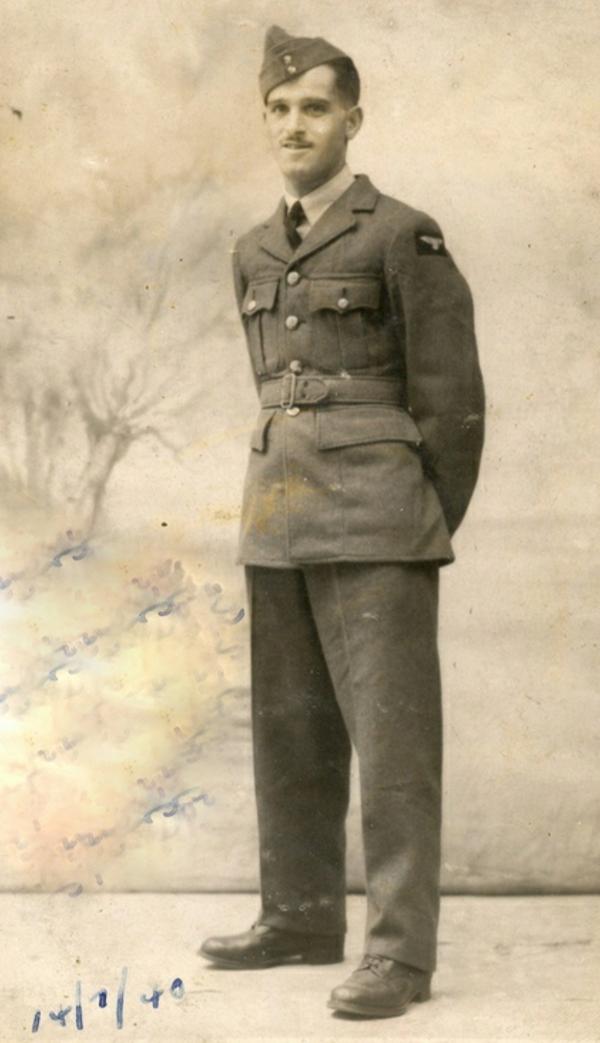born in Romania to a German father.
Moving to Britain before the Second World War,
she became a member of the Women's Auxiliary Air Force
and one of the most remarkable figures
in British wartime intelligence.
Vera had a very comfortable childhood,
raised by English governesses.
In 1937, Vera and her mother left Bucharest for England.
Now, Vera had no right to British citizenship
once she was in England, so she had to register as an alien.
At the start of the war, in fact,
it seems she might be interned as an enemy alien
due to her father's nationality.
During the summer of 1940,
Vera moved with her mother to South Kensington in London.
where she joined the local ARP
and it was some time in the months that followed
that Vera Atkins was approached
to join the Special Operations Executive, or SOE.
The approach came in a letter.
It was as bland as any letter could ever be,
but this letter would define the rest of Vera's life.
And it soon became clear
that Vera would be a great asset to SOE.
As her internal report noted,
she had a fantastically good memory,
a quick grasp, and was fluent in French and German.
She was made the assistant to Colonel Maurice Buckmaster,
the head of SOE's French Section,
which was known as F Section.
In theory, the position was secretarial,
but in practice, she was becoming an intelligence officer
and as time went by, so her importance grew to the point
where she was considered the real brains in F Section.
She was responsible for the recruitment of agents.
She would organize their training.
She would provide them with credible cover stories
and possessions, letters, photographs to back up that story.
Vera was also responsible for keeping up-to-date
with intelligence that was coming in from France
because she had to know the latest fashions,
the curfew hours, the details of everyday life,
the tiniest little details,
and she would debrief returning agents
about their experiences.
In fact, even be on this, she was responsible
for the pastoral care of the female agents.
They looked to her for support
in the weeks before their missions.
So, who was Vera fighting against?
Well, at the obvious level, her enemy was the Nazis,
but sadly this wasn't her only opposition.
Within SOE, there were those who objected to her
for sadly predictable reasons.
One SOE staff officer interviewed by Sarah Bern recalled
that there was a stink and a smell in the office
when Vera first joined the organization.
When pressed as to the reason, the man said,
"I am not anti-Semitic, but I am not very keen on Jews".
Another interviewee explained why it took so long
for Vera to receive British nationality.
He recalled a senior SOE officer saying,
"that damn fair-haired Romanian Jewess
"has applied to be naturalized.
"I have put a stop to it."
Nevertheless, in the summer of 1944, Vera was naturalized.
She was also commissioned
into the Women's Auxiliary Air Force
and appointed Intelligence Officer for F Section.
a job she had, in practice, been doing for years.
And the consequences of her efforts,
and the efforts of others in F Section,
was it more than 450 agents were sent to France
before the end of the war.
Of these, more than 100 would never return,
including 14 women, among them Violette Szabo
and Noor Inyat Khan.
All of these agents, once they arrived in France,
began work within a specific circuit.
Each circuit covered a particular area
and the agent would act within that area
as either an organizer
responsible for recruiting local people,
as a courier, or as a wireless operator.
When communicating with London,
these agents would use carefully prepared
and understood codes and, for the most part,
the system worked, but not always.
On one occasion, when compelling evidence,
including a message sent without an agent security check,
suggested that circuits had been infiltrated by the Germans,
that evidence was overlooked by London.
It seems that Maurice Buckmaster was so keen
to believe in his agents
that for a long time he failed to acknowledge
what should have been clear and, for whatever reason,
Vera did not question his failure.
Perhaps this explains why after the war
Vera went to great lengths trying to find out
exactly what had happened to every agent
who failed to return.
Traveling to France and Germany,
armed with personal knowledge and immense determination,
she trolled through records
and carried out numerous interviews.
She spent many years ensuring
that her agents were acknowledged and honored.
Vera Atkins died in Winchelsea, age 92 in the year 2000.
